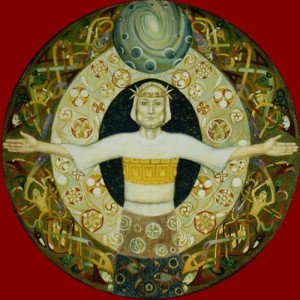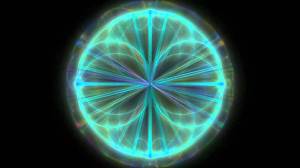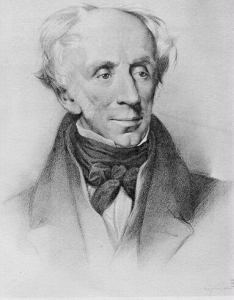Much has been written on the concept of “Christ consciousness,” a term which has been interpreted different ways by different people. For anyone who is interested, a simple Google search for the term will bring up multiple hits to explore; there is even a “Center for Christ Consciousness” website! As for this blog, we will examine what Preston Harold understood by the description.
Harold describes the arising of Christ-consciousness as a person becomes equivalent to the idea of one:
Jesus’ drama depicts the Authority-Ego speaking to the multitude of personality images surrounding it. The group ponders, rejects, doubts, does not fully understand. Resistance continues until one in the group becomes equal to the idea of one – then light enters his consciousness. A scribe, raised to a “higher orbit of thought” as he listens to Jesus, says: “’Right, teacher! You have truly said, He is One, and there is none else but Him. Also, to love Him with the whole heart, with the whole understanding, and with the whole strength, and to love one’s neighbor as oneself – that is far more than all holocausts and sacrifice.’ [Jesus replies] ‘You are not far from the realm of God.’” The scribe has stated the concept of one and wholeness.
So for Preston Harold, Christ-consciousness is centered around a unitive awareness and vision in which all things are connected, beginning with the connection of humanity to God and neighbor. What might the result of this vision be when put into action? In his letter to the Phillipians the Apostle Paul tells us, “Let this mind be in you which was in Christ Jesus: Who, being in very nature God, did not consider equality with God something to be used to his own advantage; rather, he made himself nothing by taking the very nature of a servant, being made in human likeness.” True Christ-consciousness, it seems, leads to humility and servanthood. Preston Harold might say, “a higher orbit of thought leads to a lower valuation of egotism.”
But how does Christ-consciousness manifest in a person? How does a person “become equal to the idea of one?” Harold surmises…
Jesus tries to explain that the spirit or energy of truth is spread about in man in a manner by no means comparable to preconsciousness or to any image of self in the ego-group, but that as one’s superconsciousness is heightened, Christ-consciousness condenses in his mind, and like an “electron” becomes as a compact body moving around with his ego-group. This drama, He, Himself represented, and He must show that in life as man’s consciousness reaches a certain pitch of intensity, a vision of the Christ will emerge like a genie – in the finale one sees this happen.
This may explain how Christ-consciousness arises, but it doesn’t tell us exactly where it comes from, does it? We will explore this riddle in the next installment. Until then, peace.
























